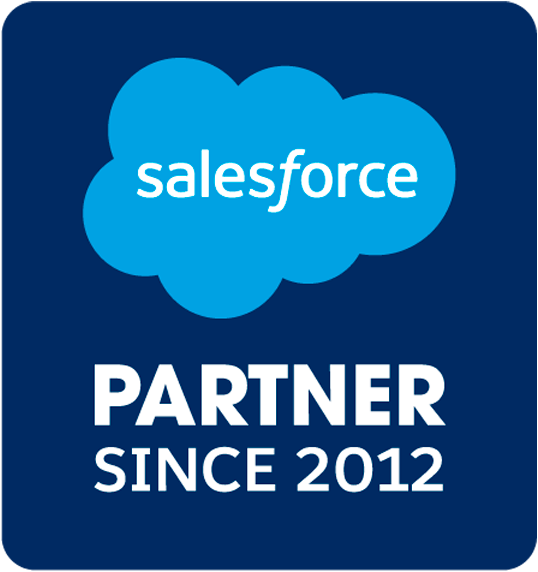Small businesses considering a Salesforce implementation often face a number of challenges: A lack of familiarity with CRM, still-evolving business processes, limited resources, etc. Unfortunately, these up-front hurdles — when combined — can intimidate to the point of defeat.
When it’s so difficult to get started, it’s easy to get discouraged and drop the idea of an implementation altogether.
Thankfully, it doesn’t have to be that way. With the right knowledge and expectations, you can successfully bring Salesforce to your company with minimal stress. To help arm you with that knowledge, we reached out to a few of our customers and asked them what advice they’d give to a small business thinking about implementing Salesforce. Here are some top tips from Atrium Hospitality and L.J. Smith.
Tip #1: Gather input from everybody that will use Salesforce.
While it’s ultimately on leadership to make company-wide decisions, a successful Salesforce implementation depends on employees actually using the system. And they won’t use it if they don’t believe it will help them do their jobs better. Given this, it’s important to check in with the different teams who could end up touching the final build. What do they hope to get out of a CRM? What are their concerns? If you know these things, you’ll have a much better understanding of what your company needs from Salesforce.
Tip #2: Find an implementation partner whose goals align with your own.
The right implementation partner will work hard to understand your business and your goals. They’ll spend time studying your products/services, processes and pain points to build a custom solution that meets your specific needs. An implementation consultant that tries to force fit a one-size-fits-all fix into your company, on the other hand, is probably not a good fit. Trust your gut on this one: Go with a team that seems to truly comprehend what you’re trying to do.
{{cta('4a895691-478c-4151-89d6-d5f48e5b369b')}}
Tip #3: Make sure your admin is an advocate for your full team.
Even with the right implementation partner, it helps to have a Salesforce administrator who understands the smallest nuances of your organization and can advocate for the unique needs of different teams. This person should have a clear idea of what kinds of things are likely to work in the context of your company and what things aren’t. By working closely with your implementation partner, your admin can help maximize your chance at success.
Tip #4: Be patient with yourself.
It’s important to remember that Salesforce is more than a simple software. It’s an entire ecosystem of platforms that can be built to accomplish almost anything. In other words, it can be complicated — and you shouldn’t feel bad if it takes a while to get the hang of things (especially if you’re brand new to CRM in general). Allow yourself the time to learn how to accomplish different tasks and create habits. Even Salesforce experts had to start at zero at some point.
Tip #5: Use Trailhead to learn new tasks.
Trailhead is Salesforce’s education platform, offering one-off online courses (called “trails”) on all manner of topics. Whether you’re looking to learn how to create dashboards in Lightning or run a campaign in Marketing Cloud, there’s a trail that will teach you what you need to know in an interactive way. Some trails take a number of hours to complete, but don’t worry if you can’t block off half a day: Each can be tackled one piece at a time.
Tip #6: Know that you might not fully understand your needs/wants until you dive deep.
As mentioned above, there’s a lot more to Salesforce than most people know. Which means you might not have a perfect sense for what you hope to get out of the system until you’ve been using it for a while — and that’s okay! Because Salesforce is so customizable, it can be updated as new needs arise. Rather than feeling anxious about getting every last thing in place on the first go, try to accept that any future needs will be totally manageable.
If your small business is thinking about implementing Salesforce sometime soon, let us know. We’d love to help fill in any knowledge gaps that might be weighing you down.



